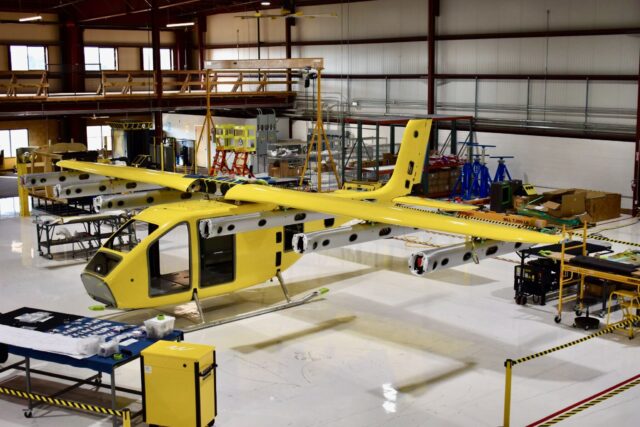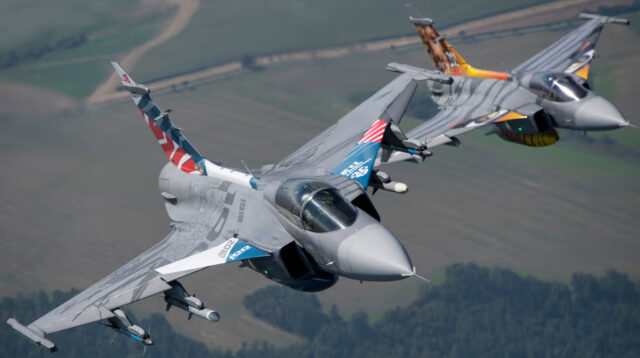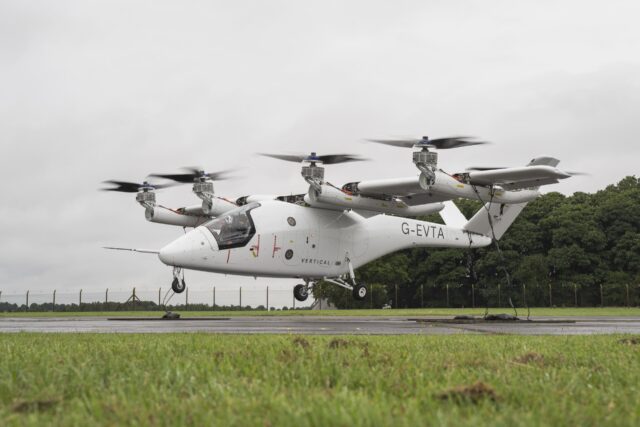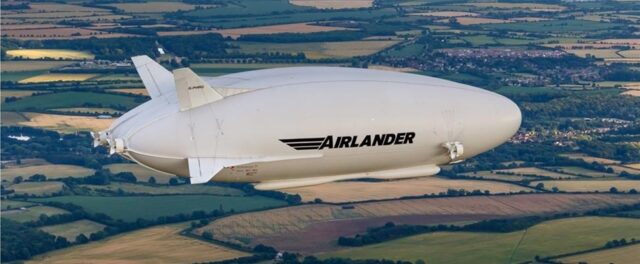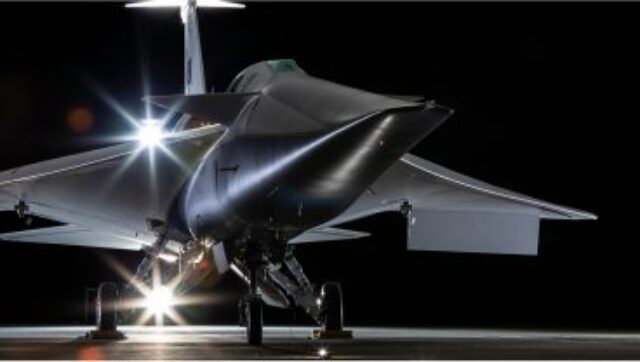Raytheon’s Quadcopter Challenge kicks off with shortlisted schools
Local schools and cadet groups from across the UK are preparing to compete in the regional finals of the Raytheon Technologies Quadcopter Challenge following successful down selection.
With 92 teams,…

Local schools and cadet groups from across the UK are preparing to compete in the regional finals of the Raytheon Technologies Quadcopter Challenge following successful down selection.
With 92 teams, 41 schools and over 500 students involved, the challenge is now progressing to its regional finals.
Sustainability
Now in its eighth year, the Raytheon Technologies Quadcopter Challenge will encourage students to put sustainability at the fore front of their minds as they look to create quadcopters reflective of arising sustainability challenges.
Following a successful pitch to a team of local industry experts, shortlisted teams from schools across the country will be tasked with building and flying their quadcopters at the regional finals of which the most successful team will go onto compete at the national final in December, this year taking place at a central RAF location.
Four-bladed, remotely piloted air system
Guided by Raytheon Technologies STEM Ambassadors, students from across England, Scotland, Wales, and Northern Ireland are asked to use their science and math’s skills to design a four bladed, remotely piloted air system known as a quadcopter.
This year’s theme will encourage students to build a business case during the initial design phase that describes how they are reducing the amount of material used in the initial design; how they’ve taken into consideration the supply chain implications to choose conscious suppliers; and how materials could be use d for future quadcopter developments and iterations.
Outside the usual curriculum
“The aim of the Quadcopter Challenge is to excite and reengage young people in learning by giving them the opportunity to test and apply their skills to activities outside of their usual curriculum,” said Alex Rose Parfitt, Engineering director, Raytheon UK.
“There is no denying that we all need to do our bit to save the planet and that’s why this year’s theme, Sustainability, is so important to get the next generation to think about the most sustainable practices moving forward.”
Subscribe to the FINN weekly newsletter

